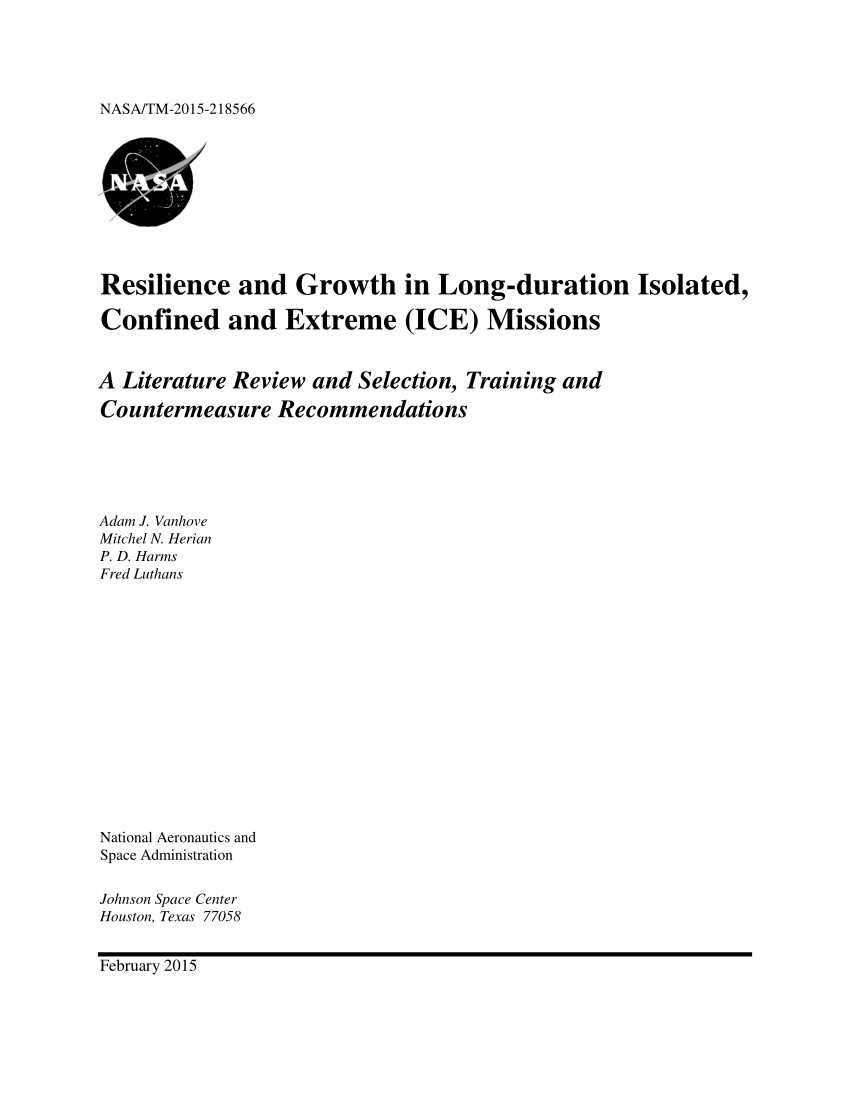
In the highly demanding and challenging field of space exploration, NASA seeks individuals who possess not only exceptional technical skills but also the ability to withstand and overcome the immense stress that comes with the job. The selection process for astronauts involves a thorough evaluation of their stress resilience, ensuring that only the most capable candidates are chosen to represent the agency on space missions.
NASA understands that stress resilience is a critical trait for astronauts, as they often face intense pressure, isolation, and life-threatening situations during their missions. The agency’s evaluation process focuses on identifying candidates who have demonstrated the ability to remain composed, adaptable, and mentally strong in high-stress environments.
One of the key factors NASA considers in evaluating candidates for stress resilience is their past experiences and performance in high-pressure situations. This can include experiences in military service, emergency response, or other professions that require quick thinking and decision-making under extreme circumstances. Candidates who have demonstrated their ability to handle stress and effectively function in challenging environments are given special attention during the selection process.
In addition to past experiences, NASA also assesses candidates’ psychological and emotional well-being. The agency looks for individuals who possess a high level of emotional intelligence, self-awareness, and the ability to manage their own stress effectively. Candidates who can demonstrate a healthy coping mechanism, such as practicing mindfulness, seeking support from others, or engaging in physical activities, are more likely to be considered for the astronaut program.
The Importance of Stress Resilience in NASA

Stress resilience is a critical trait that NASA evaluates in candidates for various roles within the organization. As one of the leading space agencies in the world, NASA faces numerous challenges and high-pressure situations on a regular basis. Therefore, it is imperative for individuals working in this field to possess the ability to effectively manage stress and remain resilient in the face of adversity.
NASA recognizes that space missions can be incredibly demanding both physically and mentally. Astronauts, engineers, and other professionals involved in space exploration often encounter situations that can be highly stressful, such as intense training, long-duration missions, and unexpected emergencies. The ability to cope with these stressors and maintain focus is crucial for the success of NASA’s missions.
When evaluating candidates, NASA looks for individuals who have demonstrated the capacity to handle stress in previous roles or experiences. This includes assessing their ability to adapt to changing circumstances, make quick decisions under pressure, and effectively communicate and collaborate with team members in high-stress situations.
Stress resilience is particularly important for astronauts who spend extended periods of time in space. The isolation, confinement, and inherent risks associated with space travel can have a significant impact on an individual’s mental well-being. Astronauts must be able to maintain their mental health and well-being, as any decline in psychological resilience could jeopardize the success of a mission.
Moreover, stress resilience is crucial in NASA’s work environment, where employees are often faced with tight deadlines, complex problems, and high expectations. The ability to remain calm, focused, and adaptable during these challenging situations is essential for productivity and innovation.
In conclusion, stress resilience plays a vital role in the success of NASA’s missions and the well-being of its employees. By evaluating candidates for this trait, NASA ensures that it selects individuals who can effectively navigate the demanding and high-pressure nature of space exploration. Ultimately, stress resilience contributes to the overall efficiency and effectiveness of NASA’s operations.
The Demands of Space Exploration
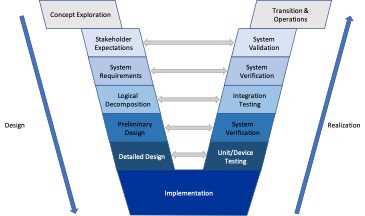
Space exploration is an incredibly demanding endeavor that requires individuals with a high level of resilience and the ability to handle stress. NASA recognizes the importance of evaluating candidates for these qualities in order to ensure the success and safety of its missions.
Resilience is a key trait that NASA looks for in potential astronauts. The ability to bounce back from challenges and setbacks is crucial when facing the physical and psychological demands of space travel. Candidates are evaluated for their ability to adapt to new situations, maintain a positive attitude, and persevere in the face of adversity.
Stress is another factor that NASA takes into consideration when evaluating candidates. The extreme conditions of space can put immense pressure on individuals, both physically and mentally. Astronauts must be able to handle the stress of living in a confined environment, working long hours, and dealing with the inherent risks of space travel. Candidates are assessed for their ability to manage stress, cope with uncertainty, and make quick decisions under pressure.
NASA utilizes a comprehensive evaluation process to assess candidates for resilience and stress management. This includes psychological testing, interviews, and simulations that simulate the challenges of space travel. By thoroughly evaluating candidates in these areas, NASA can ensure that they have the necessary qualities to handle the demands of space exploration.
In conclusion, the demands of space exploration require individuals who possess resilience and the ability to manage stress. NASA recognizes the importance of evaluating candidates for these qualities in order to ensure the success and safety of its missions. By carefully assessing candidates for their ability to adapt, cope with stress, and make quick decisions, NASA can select the most qualified individuals to embark on the challenging journey of space exploration.
The Role of Stress Resilience in Mission Success
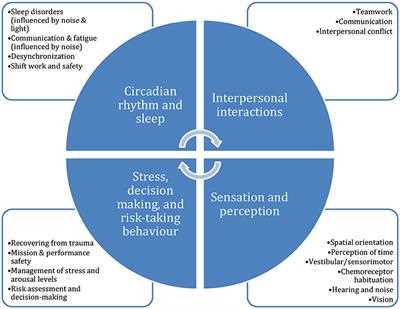
Stress resilience plays a crucial role in the success of NASA missions. As an organization that pushes the boundaries of human exploration, NASA understands the immense physical and psychological challenges that astronauts face during their missions. To ensure the safety and effectiveness of their astronauts, NASA evaluates candidates for their ability to withstand and overcome stress.
NASA recognizes that space travel can be an incredibly demanding and stressful experience. Astronauts may encounter situations that test their mental and emotional resilience, such as long periods of isolation, high-risk activities, and the need to make split-second decisions in life-threatening situations. Therefore, it is vital for NASA to select candidates who can remain calm, focused, and effective under extreme pressure.
To evaluate candidates’ stress resilience, NASA employs a comprehensive selection process. This process includes psychological assessments, interviews, and simulations that simulate the challenging conditions of space travel. These evaluations help NASA identify individuals who possess the necessary qualities to thrive in high-stress environments.
Stress resilience is not only important for the individual astronaut but also for the overall mission success. When astronauts can effectively manage stress, they are better equipped to handle unexpected situations and make sound judgments. This resilience allows them to adapt to changing circumstances and maintain their performance levels, even in the face of adversity.
Furthermore, stress resilience is essential for team dynamics. NASA missions often involve a crew of astronauts working closely together in confined spaces for extended periods. The ability to cope with stress and maintain positive relationships with team members is crucial for a harmonious and efficient mission. Candidates who demonstrate strong stress resilience are more likely to contribute positively to the team dynamic and foster a supportive and collaborative environment.
In conclusion, stress resilience plays a vital role in the success of NASA missions. By evaluating candidates for their ability to withstand and overcome stress, NASA ensures that their astronauts are prepared for the challenges of space travel. Stress-resilient individuals can effectively manage stress, adapt to changing circumstances, and maintain their performance levels, ultimately contributing to the overall success of the mission.
Evaluating Stress Resilience in NASA Candidates
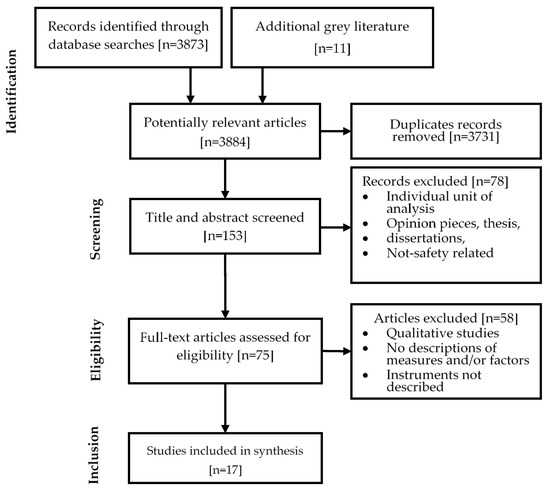
When selecting candidates for NASA, evaluating stress resilience is a crucial aspect of the process. The ability to handle stress effectively is essential for astronauts who will face numerous challenges and high-pressure situations during space missions.
NASA employs a comprehensive evaluation process to assess the stress resilience of candidates. This process includes various assessments, interviews, and simulations designed to simulate high-stress scenarios that astronauts may encounter during their missions.
One key component of evaluating stress resilience is the assessment of candidates’ emotional intelligence. Emotional intelligence refers to the ability to recognize and manage one’s emotions, as well as understand and empathize with others’ emotions. Candidates with high emotional intelligence are often better equipped to handle stress and maintain positive relationships with their team members.
Additionally, candidates undergo psychological evaluations to assess their mental health and ability to cope with stress. These evaluations may include interviews with psychologists and questionnaires that measure traits such as resilience, adaptability, and problem-solving skills.
Another important aspect of evaluating stress resilience is observing candidates’ performance in high-pressure simulations. These simulations may involve scenarios such as emergency situations, equipment failures, or time-sensitive tasks. By observing how candidates react and perform under stress, NASA can assess their ability to remain calm, make sound decisions, and effectively problem-solve in challenging situations.
Overall, evaluating stress resilience in NASA candidates is a multi-faceted process that involves assessing emotional intelligence, conducting psychological evaluations, and observing performance in high-pressure simulations. By thoroughly evaluating candidates’ stress resilience, NASA ensures that astronauts selected for space missions are well-equipped to handle the challenges they may face during their missions.
Psychological Assessments
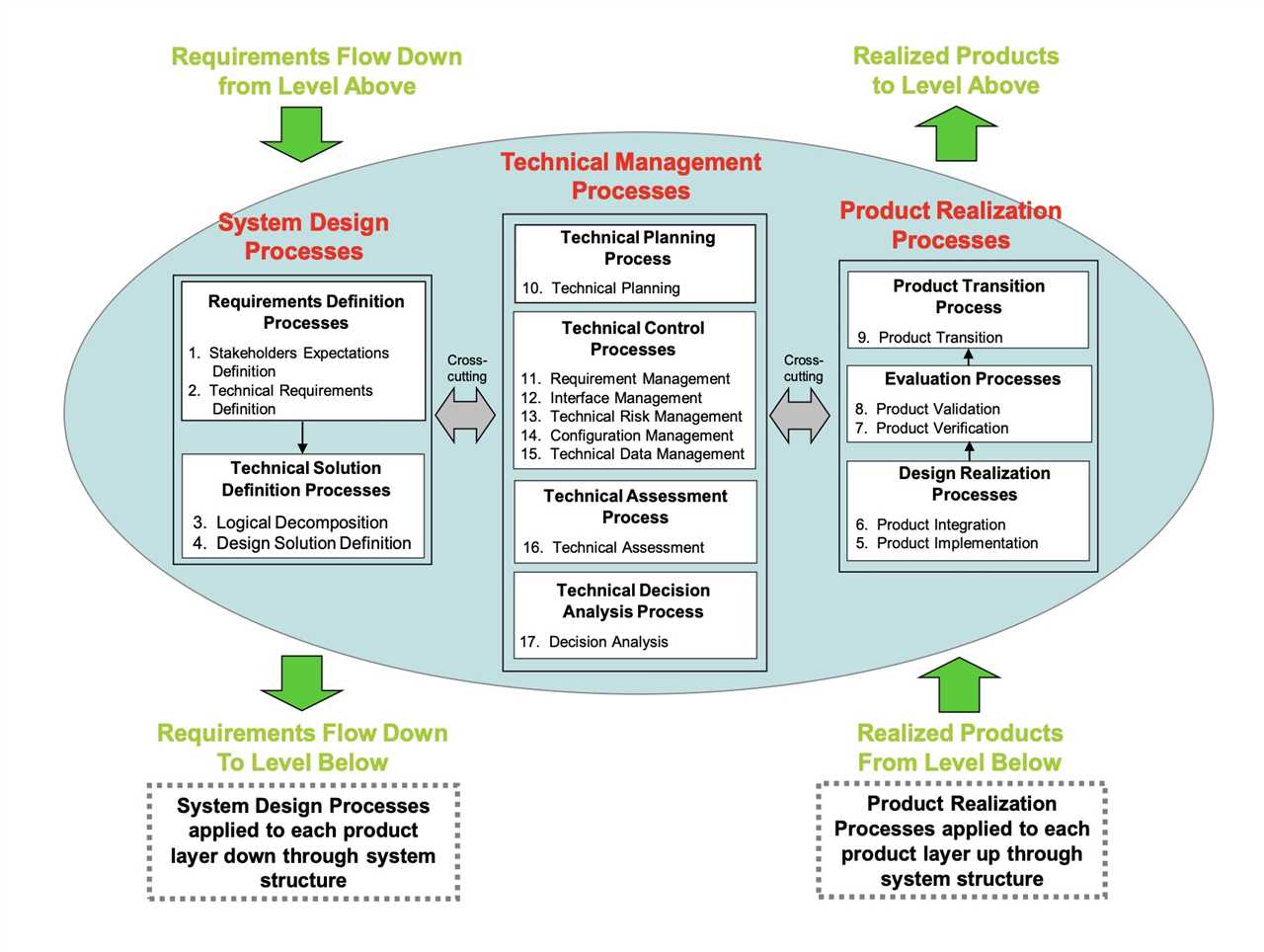
As part of the evaluation process for candidates applying to NASA, psychological assessments are conducted to evaluate their stress resilience. These assessments play a crucial role in determining an individual’s ability to handle the demands and pressures of working in a high-stress environment.
The psychological assessments conducted by NASA are designed to assess various aspects of a candidate’s psychological well-being and resilience. These assessments include interviews, self-report questionnaires, and observation of behavior in simulated stressful situations.
During interviews, candidates are asked a series of questions to assess their ability to cope with stress, manage emotions, and maintain mental clarity under pressure. These interviews allow NASA to gain insight into an individual’s psychological strengths and weaknesses, as well as their overall mental health.
Self-report questionnaires are used to gather information about a candidate’s personality traits, coping mechanisms, and previous experiences with stress. These questionnaires provide valuable data that helps NASA evaluate an individual’s ability to adapt to challenging situations and bounce back from adversity.
In addition to interviews and questionnaires, candidates may also undergo observation in simulated stressful situations. This allows NASA to assess how individuals respond to pressure, make decisions, and work effectively as part of a team. These observations provide valuable insights into a candidate’s ability to handle stress in real-world scenarios.
Overall, the psychological assessments conducted by NASA are a vital component of the candidate evaluation process. They provide valuable information about an individual’s stress resilience and psychological well-being, helping NASA select candidates who are best suited for the demands of space exploration and mission-critical work.

I am Patrina de Silva, a psychologist and mental health blogger in Sri Lanka. After obtaining psychology degrees from the University of Colombo and Monash University, I returned home to work as a counselor while also starting the popular blog “Pressy but Happy” to provide advice on psychological issues. Over the past decade, my empathetic articles have made my blog a leading mental health resource in the country. In addition to writing, I maintain a private therapy practice, frequently volunteer counseling time, and conduct seminars, driven by my passion for destigmatizing mental illness and educating the public on the mind-body connection. I strive to be an influential voice in my field through my compassionate approach.
